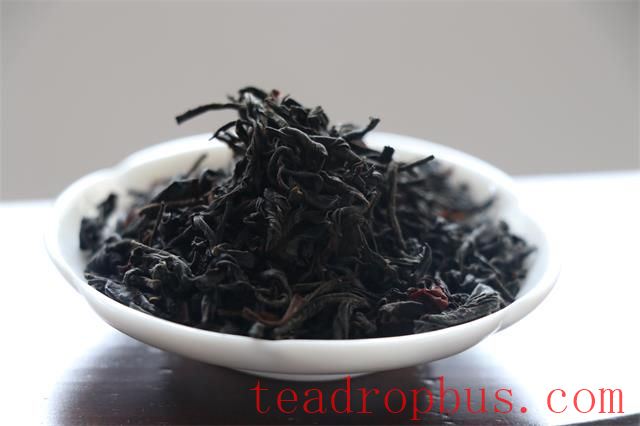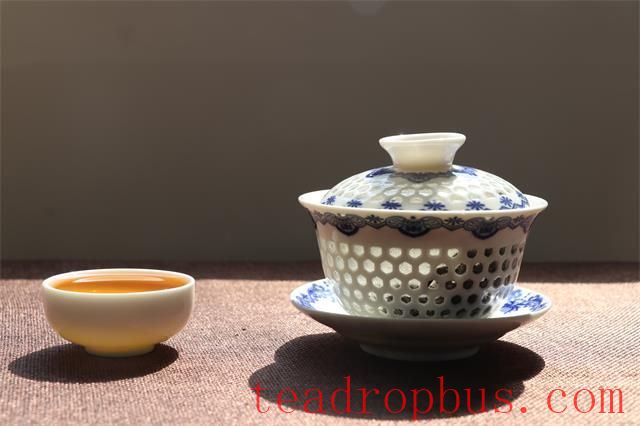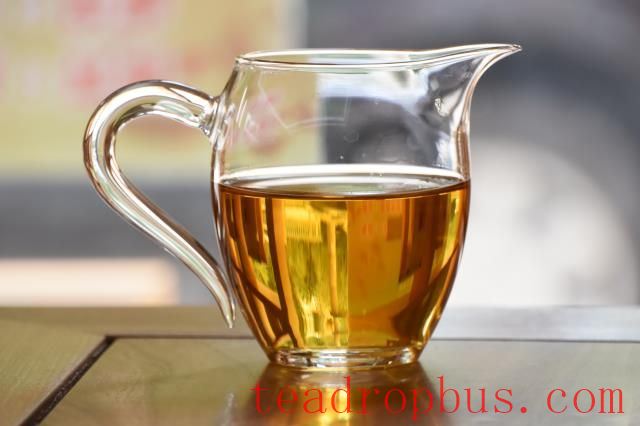Summer Tea drinking can replenish potassium salts, helping to maintain normal osmotic pressure and acid-base balance within and outside the body's cells, sustaining normal physiological metabolic activities. This is a key reason why it is advisable to drink tea during the summer when sweating is common.

The Benefits, Effects, and Taboos of Drinking Black Tea in Summer
Generally, black tea is consumed in summer, which can help cool the body, quench thirst, and supplement nutrition. However, it is not recommended to drink it on an empty stomach or excessively.
Black tea contains abundant vitamins, carotene, calcium, phosphorus, and other nutrients. Drinking black tea in summer typically helps alleviate thirst and provides the body with essential nutrients. During this season, cooled or chilled black tea can be particularly beneficial for cooling down and quenching thirst.

The gentle nature of black tea, developed through baking and fermentation processes, makes it suitable for moderate consumption in summer. However, it is not advised to drink overly chilled black tea. Additionally, black tea is rich in Caffeine, which can help improve alertness and enhance work efficiency when consumed in moderation during summer.
However, it should be noted that drinking black tea on an empty stomach is not recommended as it may irritate the gastric mucosa and cause gastrointestinal discomfort. Furthermore, excessive consumption of black tea is also discouraged, especially for individuals suffering from peptic ulcers, severe anemia, or nervous exhaustion, as it can exacerbate their condition.
Drinking moderate amounts of black tea in summer is generally safe, but avoid consuming leftover tea from the previous day. If any discomfort arises after drinking black tea, seek medical attention promptly to determine the cause and receive appropriate treatment.

Black tea has various benefits including warming the stomach, promoting mental clarity, relieving fatigue, reducing edema, alleviating diarrhea, exhibiting antibacterial and anti-inflammatory effects, boosting immunity, and aiding diuresis. The mild and rich flavor of black tea, often enjoyed with sugar or milk, not only warms the stomach but also has anti-inflammatory properties and can protect the gastric mucosa, making it effective in treating ulcers. Black tea facilitates digestion and stimulates appetite. It can effectively prevent heart attacks, strengthen heart function, lower blood sugar levels and hypertension, and prevent tooth decay and food poisoning. Due to its warming properties, black tea is suitable for all ages, especially those with cold stomachs. Winter is an ideal time to consume more black tea, while summer intake should be reduced. Although black tea offers many benefits, there are potential side effects. Its warming nature is not suitable for individuals with a heat-prone constitution. Long-term consumption can lead to a weakened constitution and decreased gastric strength. Individuals who experience coldness, pain, palpitations, or other discomfort after drinking black tea are also advised against its consumption.